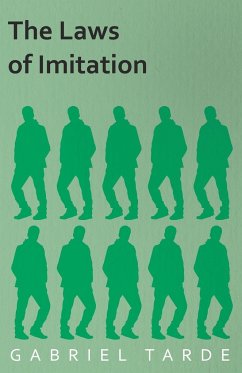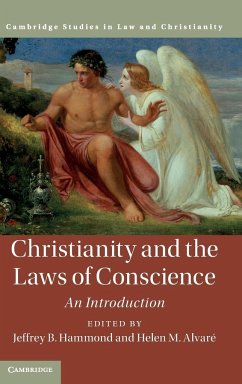
The Laws of Imitation

PAYBACK Punkte
14 °P sammeln!
This fascinating book contains a detailed treatise on the laws of imitation, being an exposition on the science, history, and philosophy of intimation as an important social phenomenon. This thorough treatment of the subject will greatly appeal to those with a keen interest in sociology and psychology, and it is a must-have for fans and collectors of Gabriel Tarde's influential work. The chapters of this book include: 'Universal Repetition', 'Social Resemblances and Imitation', 'What is a Society?', 'Archeology and Statistics', 'The Logical Laws of Imitation', 'Extra-Logical Influences', 'Rema...
This fascinating book contains a detailed treatise on the laws of imitation, being an exposition on the science, history, and philosophy of intimation as an important social phenomenon. This thorough treatment of the subject will greatly appeal to those with a keen interest in sociology and psychology, and it is a must-have for fans and collectors of Gabriel Tarde's influential work. The chapters of this book include: 'Universal Repetition', 'Social Resemblances and Imitation', 'What is a Society?', 'Archeology and Statistics', 'The Logical Laws of Imitation', 'Extra-Logical Influences', 'Remarks and Corollaries', etcetera. Jean-Gabriel De Tarde (1843 - 1904) was a French sociologist, criminologist and social psychologist who maintained that sociology is based on the minute psychological interactions between individuals. The fundamental forces in these interactions are 'imitation' and 'innovation'. We are republishing this antiquarian book now in an affordable, modern edition complete with a specially commissioned new biography of the author.














